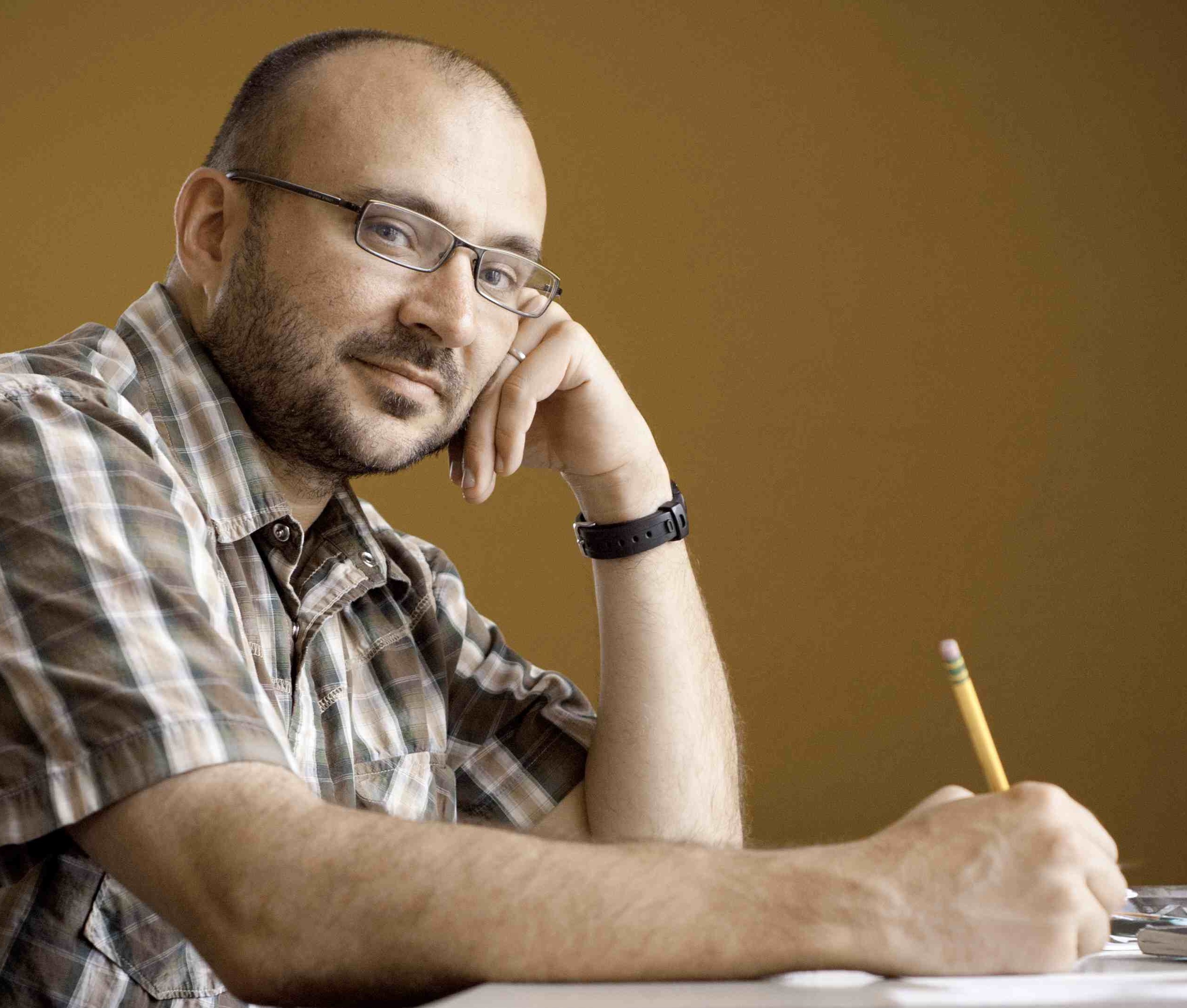Frank Bures has published travel pieces in Outside, Salon, Geographical, Outpost, and Oregon Live. As an emerging freelancer, Bures’ example and insights are especially valuable to writers who have just started — or have yet to begin — their travel writing efforts. Bures lives in Portland, Oregon, where he works part-time at the world-famous Powell’s Bookstore.
How did you get started traveling?
Pure serendipity combined with laziness. The opportunity came up to be an exchange student in Italy, and since I hadn’t filled out any college applications, I had to go.
How did you get started writing?
I was failing a class senior year in high school when I turned in an essay and got 96 percent, plus some nice compliments. In Italy, I journaled a lot. Then, in college, I took some writing classes, had an encouraging professor, and started writing for the college paper.
What do you consider your first “break” as a travel writer?
I guess my first break was writing for the Arusha Times while living in Tanzania after college, teaching English. I was sheepish when I came into their office and asked if I could write an article on spec. The editor laughed. He said, “Just write it. We’ll like it.” They paid about fifty cents an article, but it was fun. It also helped me get a job at the Winona Daily News when I came back to the U.S., which helped me get a piece published in the Minneapolis Star Tribune Travel Section. That was my first real break.
As a traveler and fact/story-gatherer, what is your biggest challenge on the road?
On the road, the hardest thing to is see stories right away, and to be constantly aware. There are so many things: the colors, the noises, the smells, the people, the things they tell you, the things they don’t tell you, the road signs, the trees, the newspaper headlines. If you don’t pay attention, it all slips by. Then, knowing what to keep and what to throw away.
What is your biggest challenge in the writing process?
When I read a sentence by Denis Johnson about how “the place echoed with the squawking of wooden chairs on the cement floor,” I was suddenly standing in the room with him. I knew that squawking. I’d heard it a thousand times, but I never would have distilled it into such a simple phrase. That is one art of writing: Putting small things in the corners of your story that make it real; that bring it to life. That’s one thing I’m working on. There are at least a hundred other things.
What is your biggest challenge from a business standpoint? Editors? Finanaces? Promotion?
It’s hard to get access to editors at big publications. Lower level editors seem to be less professional/organized/communicative. In my limited experience, upper level editors either ignore you or are more professional and courteous. I’m sure there are exceptions. Money, of course, is a problem for any writer. Paltry, irregular checks. You just struggle through, I guess.
Do you do other work to make ends meet? If so, what kind of work?
Right now I’m working part time at a bookstore. Last year, I was working full time, so I’m slowly extricating myself. I also do all kinds of writing: essays, reviews, travel, reportage, etc. Whatever I’m interested in that will make a good story. I’m also trying to break into more magazines.
What travel authors or books might you recommend and/or have influenced you?
The book that made me want to be a writer is “North of South” by Shiva Naipaul. There’s something about that book that stirs all this hope and hopelessness, humor and sadness. Also, Ryszard Kapuscinski is a genius. Read his, “The Soccer War.” And Bruce Chatwin is such a beautiful writer, you almost don’t care if what he said was true. These are all writers who write like novelists. (Two of them are). I don’t think you can be a great writer of any kind without studying the techniques of great fiction. I love Ernest Hemingway, Paul Auster, Alex Garland, Nick Hornby, Edwidge Danticat, Tim O’Brien, etc. In humorous travel writing, Tim Cahill and Bill Bryson are both brilliant. There are also three anthologies that are indispensable: Out of the Noösphere (from Outside Magazine) “The Art of Fact” (edited by Kevin Kerrane and Ben Yagoda) and any of the Granta travel anthologies.
What advice and/or warnings would you give to someone who is considering going into travel writing?
Prepare to have your heart stomped on, broken and ripped apart over and over. Writing is a hellish business. You have to want it more than anything. You have to believe in yourself in spite of everything. You also have to constantly look for your weak spots and hammer them out. Take the long view — at least three years down the road. Where do you want to be and what will help you get there? They say it takes ten years (average) to become a fully self-supporting freelance writer. If you want it, keep beating your head against the door. Take risks and work your ass off. Besides, what else are you going to do? Work at Starbucks?
What is the biggest reward of life as a travel writer?
You can go to sleep knowing you’ve escaped a slow death by cubicle and have achieved the highest goal of industrialized life — the dream your parents and grandparents had for you: finding work you love.

